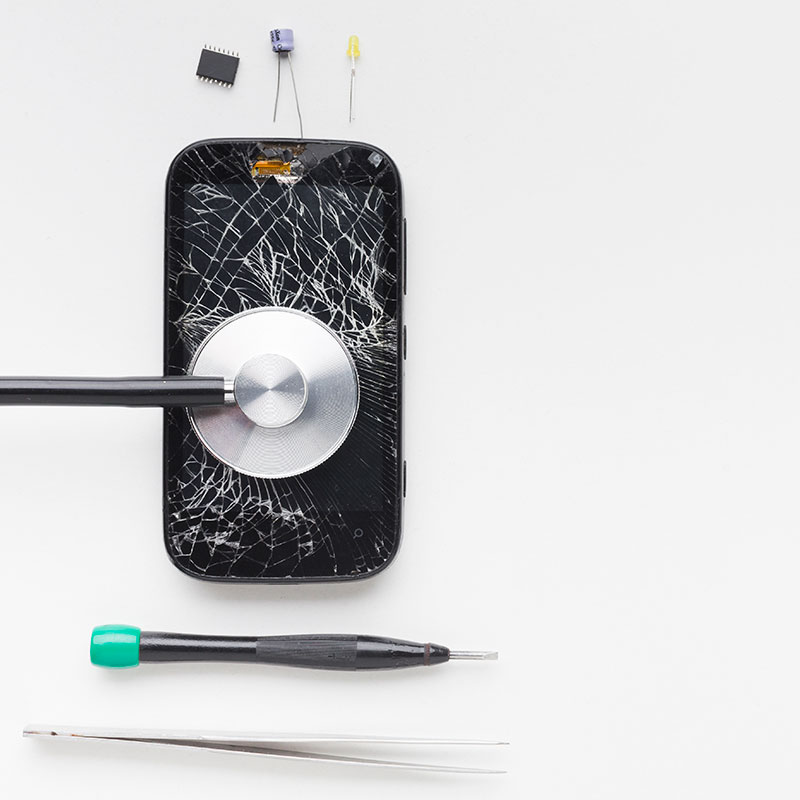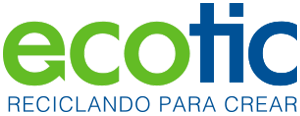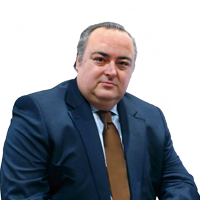
Towards a circular economy in times of uncertainty
Andreu Vilà | General Manager of Ecotic
“The management of WEEE is a cornerstone of the transition to a more resource-efficient circular economy. But we face important challenges and uncertainties regarding the future of a strategic sector in the defence of the environment, which will require a realistic approach and a determined shared effort”
A flexible regulatory framework as an alternative
We have in previous annual reports emphasise the need to reflect on whether setting the target at 65% of the quantities placed on the market on average over the last three years, with effect from 2019, was in line with the logic of the sector. Experience throughout Europe shows that, as we predicted, collection levels are far from this target and that the reality of the quantities of equipment placed on the market and of waste generation is not directly correlated, and that this varies significantly between EEE categories.
There are two main reasons for this. On the one hand, it is due to the low rate of replacement of equipment such as air-conditioners or solar panels, which have significantly longer lifespan than other equipment. And on the other hand due to the difficulty in collecting small appliances such as smartphones, which tend to accumulate in households. According to the First Barometer of Digital Life in Europe, 47% of Spanish people store their old mobile phones at home, 31% give them to others, 10% sell them on the Internet, and only 1% deposit them with other waste.
At Ecotic, we continue to defend that a viable alternative would be the adoption of a flexible model such as that which has been established in other European Union countries including Italy and France. This is because setting targets by category and according to the amount of WEEE generated would be more in line with reality. Along the same lines, we consider it necessary to work on the optimisation of waste classification criteria in the household and professional markets, in order to contribute to the improvement of the system.
We believe that such a model would be a plausible alternative to interventionist legislation that hinders initiatives to improve management performance. As members of the WEEE Forum, the leading international association of collective WEEE management systems, we are working on a project that is expected to be launched during the last quarter of the year and will propose recommendations based on the multiple factors that determine the dynamics of WEEE generation and management.
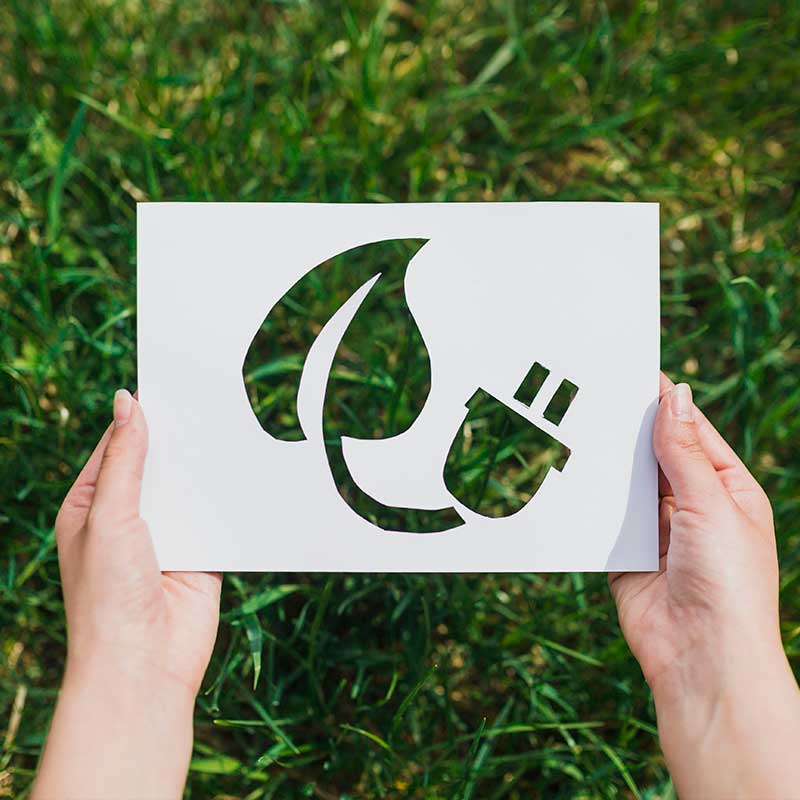
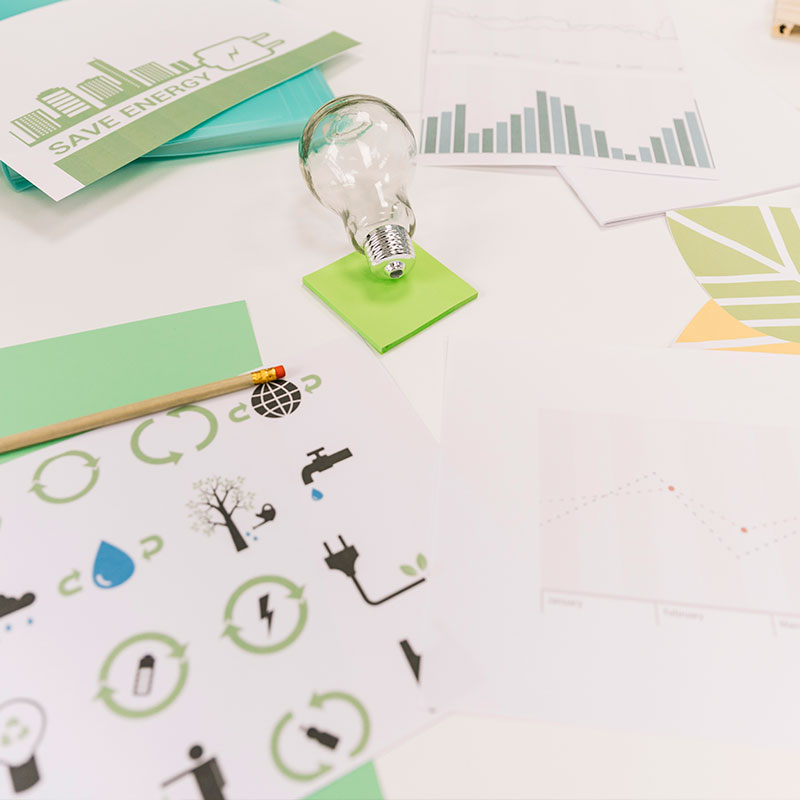
Towards a model of shared responsibility
Law 22/2011 on waste and contaminated soil defines the so-called Extended Producer Responsibility (EPR), establishing the obligations of producers both in the design and production phase of products, and during the management of waste at the end of its lifespan. While producers have a large share of responsibility in the WEEE management model, they are not the only stakeholders with enforceable responsibilities.
At Ecotic, we believe that the success of this model depends on the necessary collaboration of all the actors involved in the value chain of the equipment and its waste, from the Public Administrations, the waste managers, the installers and distributors, the shops and those responsible for online sales of equipment, and even the consumers themselves. Each and every one of us must assume our share of responsibility.
We are of the opinion that effective control over the compliance of producers and distributors with their recycling obligations must be very rigorous, avoiding irregular flows. It is therefore necessary for administrations to carry out inspections and apply appropriate sanctions in the event of non-compliance, which would lead to an increase in WEEE reaching the appropriate management systems.
We also believe that a key factor in substantially improving the control and management of WEEE would be to require all stakeholders in the management chain to meet the minimum requirements of the European standards EN 50625 and EN 50614, which have been developed under the standardisation request from the European Commission.
The regulatory implementation of these standards would level the playing field, while increasing the level of environmental protection at national and EU level as they are based on state-of-the-art technology, and contribute to a higher rate of material recovery, in line with the sustainability and circular economy strategies set out by Europe and other regions.
Therefore, it is essential to urge that the responsibility for meeting the targets should not fall exclusively on the Producer Responsibility Organisations (PROs), but on all the agents in the supply chain, both at the level of information and reporting and through the definition of specific legal requirements for each of them.
It is worrying that, five years after the publication of Royal Decree 110/2015, the electronic platform that must account for the amounts processed outside the flow of the Extended Responsibility Systems is not operational. The Spanish Administration opted for a system where PROs and management flows would be accounted for, and after 5 years, only the PROs flow is accounted for.
We consider that the part of the responsibility corresponding to the PROs should therefore be established on the basis of the waste available to us and not on the basis of all the existing waste. This is because in this way we will be irrevocably faced with the impossibility of meeting any target.
The need for realism in the sector to face the crisis
While we have argued for the need to review the targets in light of the collection figures across the continent, the situation created by the COVID-19 pandemic at the global level has had an unprecedented impact on the appliance manufacturing and distribution industry, and hence on the recycling sector.
We must consider that our activity has been conditioned by a drastic fall in sales and the effect of the temporary closure of municipal collection points and shops, the main collection points for this type of waste, since more than 60% of household WEEE is channelled through distribution.
In view of this reality, all the Producer Responsibility Organisations (PROs) dedicated to the management of WEEE that operate in Spain have submitted a joint request to the Ministry for the Ecological Transition and the Demographic Challenge asking for the suspension of the current recycling targets, and to take into consideration the need to adjust them to the evolution of the economy and the dynamics of the market, since in the current context it is materially impossible for them to be achieved.
Likewise, at Ecotic we endorse the position of international associations that represent the industry such as APPLiA or DIGITALEUROPE, which have urged the European authorities to alleviate some of the current legal requirements. These include the postponement of new energy labelling provisions, the delay of the application date for the second level of ecodesign requirements or the postponement of WEEE collection targets.
Although the industry’s commitment to the European Union’s environmental targets remains intact, we believe that the competent authorities must show sufficient flexibility to provide an appropriate response to an unprecedented situation. The aim is to preserve the continuity and future of the household appliance industry, one of the key drivers of innovation and employment in Europe.
